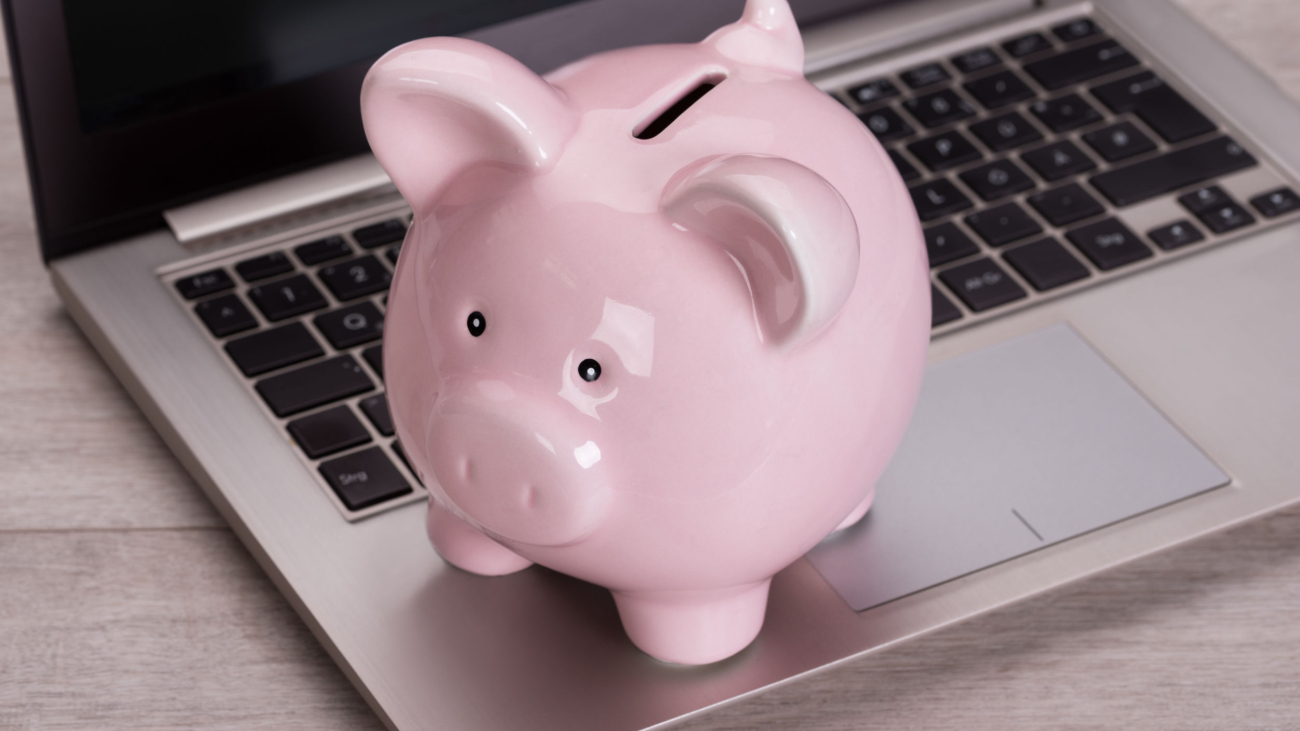Even If You’re Financially Secure, It’s Time To Live On A Budget!
As we start to see the loosening of the restrictions imposed due to the COVID-19 pandemic, there is still another big unknown in our lives right now: What is going to happen with the economy? Some would argue that the sharp economic recession brought on by this crisis is near the bottom of the trough and we are close to a recovery stage. I believe we are virtually guaranteed of an ongoing recession over the next 12 to 24 months. Particularly after the governments subsidies and stimulus packages come to an end. What will that mean for our jobs and livelihoods—and what should we be doing financially to prepare?
Some of us are already having to rethink our spending habits to make ends meet. Others may feel more financially secure thanks to high salaries, six-month emergency funds or the ability to work remotely. But when recessions come, they tend to come for everybody—so it is time for all of us to re-evaluate our budgets and, potentially, start saving as much as we can.
Here are three pieces of advice to get you started:
Treat your income like it’s temporary
This is a good mindset to have at any time but particularly now: whatever income you are earning right now is temporary. If you are happy with your current income, don’t take it for granted—and don’t assume there will always be more money coming in.
This mindset becomes even more important during a recession. When jobs are harder to come by it’s important to treat your current income as if it might need to stretch for as long as possible. This doesn’t mean you need to cut back on all discretionary spending, but you might want to consider trimming some of your expenses so that you can put more money into savings or an emergency fund.
Saving money now is worth more than spending money later
In the face of so many unknowns, it is important to err on the side of cash. In recessions, cash is king. A lot of retailers have started offering significant sales and discounts to entice shoppers to start spending again—but buying something at a bargain may not be the smartest financial move.
Unfortunately, this advice will not help get the economy ticking over again, but in times of uncertainty, money in your pocket now is worth more than any saving you might make.
In other words: If you spot a great deal, remind yourself that having cash on hand is often more valuable than getting a price cut on a purchase that isn’t absolutely necessary. Saving $50 might still mean spending $100 after all—and you might really need that $100 in the not too distant future.
Make a plan and act
If you’re worried about how long your money might last during a potential recession—or if you’re simply unsure about what you should be doing with your money right now— try budgeting for 30 days, then re-evaluate.
No matter the current condition of your financial safety net. Create a budget, cut your expenses and save every dollar you can for the next 30 days, then evaluate: Did you actually trim as much as you could’ve? Did you make any purchases you regret? Were there any purchases you should have made but didn’t? How did your budget affect your overall quality of life?
Once you know the answers to these questions, you can reconsider and refresh your budget for the next 30 days. Continue to budget, reflect and repeat while saving as much money as possible—because whether you feel financially secure or financially anxious, right now it’s essential to start preparing for an uncertain future.
Don’t cut out all the things that make life bearable in these stressful times. If you can keep something that just makes you happy, keep it. For me, it’s chocolate and red wine. So, if you can afford that nice bottle of red you ordered, go ahead and drink up!
Don’t hesitate to contact us if you’d like some assistance with your personal budgeting. ASIC’s Moneysmart website also has an excellent budget planner (under Tools & Resources) as well as other useful advice. Check out: https://moneysmart.gov.au/



